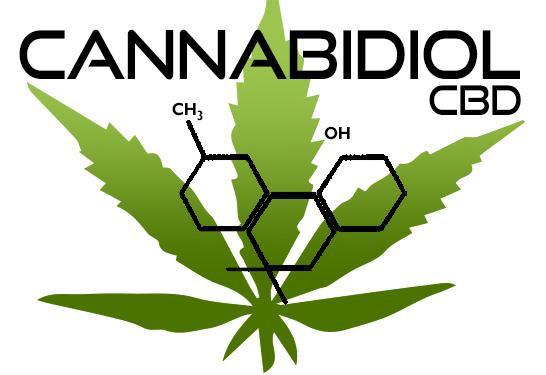A linguistic and scientific dissection
In 2018, cannabidiol reached center stage. The questions in conversation went from “Do you take CBD?” to “How often? What brand? What dosage?” and even, “Where’s your favorite place to get CBD donuts?” No longer grouped in with the hundreds of other chemicals in cannabis, CBD now stands out on its own.
The marketing should sound familiar, too – CBD is “non-psychoactive!” This little word packs a mighty punch and is largely responsible for the incredible uptick in demand on the market over the past year. But what does “non-psychoactive” mean, exactly? Of course, that depends on who you are asking.
Someone outside of the cannabis industry will likely say that CBD doesn’t get you “high,” a major distinction from the effects of THC. Yet the same person may also testify to its calming, balancing properties – which makes sense, considering that the majority of people who take CBD do so to treat anxiety and pain.[1]
But, how can CBD promote calm and balance without affecting the nervous system? Surely a word that involves the prefix “psycho” must in some way relate to the brain?
Let’s break this down.
The root of the word “psycho” is “psyche” – that is, pertaining to the mind. Put that together with “active” and you have an adjective describing something that affects mental processes or mental state.
Common substances like alcohol and caffeine are considered “psychoactive,” as can, of course, amphetamines, opioids, hallucinogenic substances, and even nicotine. The effects of THC on mood and behavior squarely land it in this category as well. In fact, any substance that crosses the brain’s security fence (the blood-brain barrier) could just as well be considered “psychoactive.” After all, doesn’t aspirin improve your mood by alleviating your headache?
A purely scientific distinction of CBD vs. THC comes down to their chemical structures.
THC has higher binding affinity (strength) for the CB1 receptor, whereas CBD has a higher affinity for other non-CB1 and -CB2 receptors like GPR55, VR1, and 5-HT1A, thus explaining its widespread – and non “psychoactive” effects.[2-4] That’s not to say that CBD has NO effect on CB receptors at all, it simply means that its effects are not as strong as those of THC.
From a pharmacological perspective, CBD and THC are both “active” substances, meaning they affect neurons in the brain. However, the effects of CBD are not in direct negation to the effects of THC. While CBD does not cause the THC-induced euphoric intoxication, it does have an affect on mood and, thus, mental state. So it is accurate to describe CBD as “psychoactive.” But, the way in which it exerts its “psychoactive” effects is very different from the way THC exerts its effects.
Still confused? Don’t worry, you’re in good company. This debate is far from over!
While you should be well aware of the chemical properties of the components of cannabis and their effects on their mental state, it’s best not to get hung up on nomenclature that is too often used in marketing without a thought to pharmacology, or even linguistics.
Bottom line: keep up to date on the science, know the legalities of CBD and THC where you live, and use cannabis appropriately for how it works with your body.
Image: https://greendoorwest.com/blogs/news/cbd-for-a-non-psychoactive-calm
References
- Corroon, J., Phillips, J.A., “A Cross-Sectional Study of Cannabidiol Users”, Cannabis Cannabinoid Res, 2018, Volume 3, pg. 152-161.
- Devinsky, O., Cilio, M.R., Cross, H., et al. “Cannabidiol: Pharmacology and Potential Therapeutic Role in Epilepsy and Other Neuropsychiatric Disorders”, Epilepsia, 2014,Volume 55, pg. 791-802.
- Zuardi, A.W., “Cannabidiol: From an Inactive Cannabinoid to a Drug with Wide Spectrum of Action”, Braz J Psychiatry, 2008, Volume 30, pg. 271-280.
- Pertwee, R.G., “The Diverse CB1 and CB2 Receptor Pharmacology of Three Plant Cannabinoids: Δ9-tetrahydrocannabinol, Cannabidiol and Δ9-tetrahydrocannabivarin”,
Br J Pharmacol, 2008, Volume 153, pg. 199-215.










